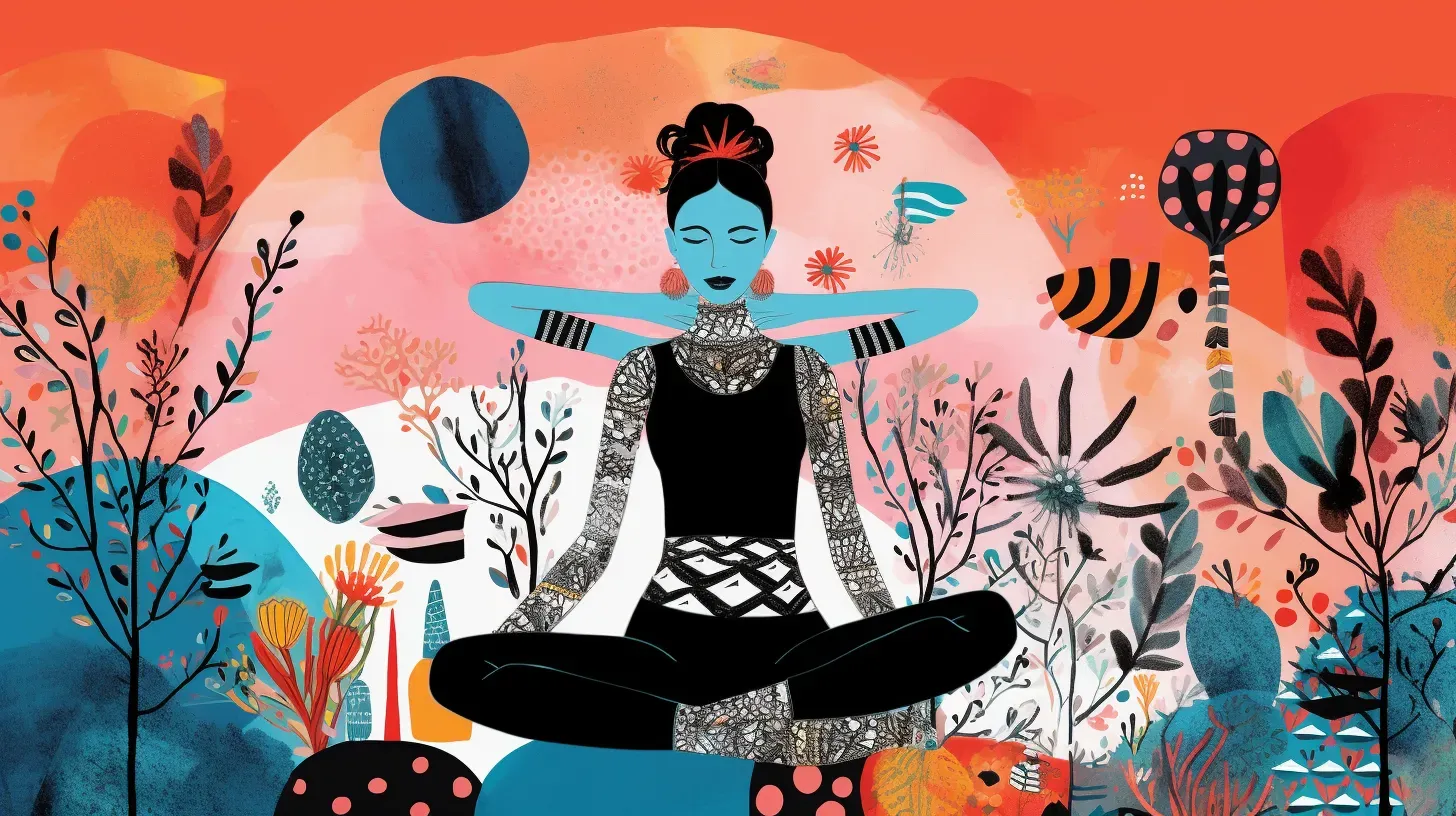Top-down vs bottom-up people
There's a tension between top-down and bottom-up people. They see the world in different ways, causing disagreement and frustration.
Bottom-up people see the world as systems of mechanisms and functions. Causality and legibility matters: theories are only useful if they have predictive explanatory value. By default, this is my tribe. We're scientists and philosophers. Many of us have textbooks about things we never studied in school. We get closer and closer to the truth by falsifying and iterating on ideas. Bottom-up people want knowledge and explanations that builds up. We want to see the world as complicated: lots of pieces that build wholes, but that are understandable independently.
Top-down people see the world as a series of effects. Associations and relationships matter: theories are loosely held labels around what is plainly observed and what works. They're artists and practitioners. They don't need explanations, or at least, not mechanistic ones. Energy channels, ritual, astrology, and other various woo are useful to understand the world. They see the world as complex: dynamic systems that have behaviors on many layers of abstractions that cannot be simplified to the parts.
Generalizing, bottom-up people are in their heads. Top-down people are in their bodies and gut. Bottom-up people are often right, pertaining to facts and systems. Top-down people are often right, pertaining to the big picture.
Both kind of people borrow from the others without realizing it. When bottom-up people are actually being rational, they involve quite a bit of practical and tacit knowledge that isn't actually reductionist. And engineers are actually practitioners — they don't always have explanations for why something works, they just want to be entirely sure it will work.
Likewise, top-down people cite science all the time. Studies from the humanities support their worldview, even if they don't generalize. And they love borrowing from physics, especially anything quantum, to explain uncertainty. They use words like "energy" to point at something that clearly and plainly exists, but has no direct connection to the sorts of energy in Physics class.
The intersection between top-down and bottom-up people is a viscus, murky gray soup of misunderstanding and ultimate truth. "Ultimate truth?!" Yes, because neither has a monopoly on truth. Both resonate with something quite real. They're not actually opposed to each other: each sees reality through a lens that is incomplete and perpendicular to the other.
When they're sick, bottom-up people trust randomized control trials, and worry about the placebo effect. Top-down people are happy to try many things and see what seems to work. Folk medicine is top-down medicine: let's do set of things that seem to work, optimized over many generations.
So, bottom-up people take dextromethorphan cough syrup because dextromethorphan has been shown to reduce coughs. Top-down people just care that it seems to work. Both get their desired effect. But here's where "truth" hides: bottom-up people can be right for the wrong reasons. Honey—another thick, vicsus liquid that can effectively sooth and coat the throat—works just as effectively. Perhaps dextromethorphan works (and it probably does!), but the syrup its in also works. It's no surprise that folk medicine has used honey for ages for coughs.
Being a bottom-up person by default, I want to understand mechanism and function. When I hear about something, I can usually come to a fairly quick judgement if it could work — if what someone's saying even plausibly maps to reality. I'm open-minded but skeptical. And I've missed out on so many wonderful things.
This top-down/bottom-up model can help with therapy and well-being. Anecdotally, it can be useful to use the best technology from the other side. Bottom-up people who need to learn to feel, be connected to themselves and others, and over-analyze less often benefit from top-down modalities, such as somatic therapies. Top-down people who struggle getting traction in "the real world" seem to respond well to structured cognitive therapies like CBT, DBT, ACT, etc.
Traditional talk therapy, which was mostly CBT, did nothing for me when I was struggling with depression. The dark thought loops didn't care if they were "inaccurate". I was too clever to adopt a "I'm thinking wrong" mindset. Instead, meditation, Hakomi, and other somatic-informed therapies made a huge difference. I don't know what will work for you, but I had to embrace quite a bit of woo. And, goshdarnit, the woo worked.
There's so much beauty in internalizing this distinction. I've lost my allergic reaction to top-down ways of seeing the world, because I've found so much fulfillment from learning from people who offer this perspective. I'm still bottom-up by default; embracing a bit of woo won't take that from me. But, if you're like me, learning to dynamically view the world from both views offers a way to practice metarationality — being rational, while understanding the situational limits of rationality. I'm able to connect better and explore ideas with my top-down friends, because I can use bottom-up thinking opportunistically while leaving windows open for the whole.
So, my top-down brothers and sister, teach me about sound bowls, movement practices, and ritual. Invite me to yoga and tai chi classes. You can even mis-use "energy". I forgive you. Perhaps I'll learn something.

